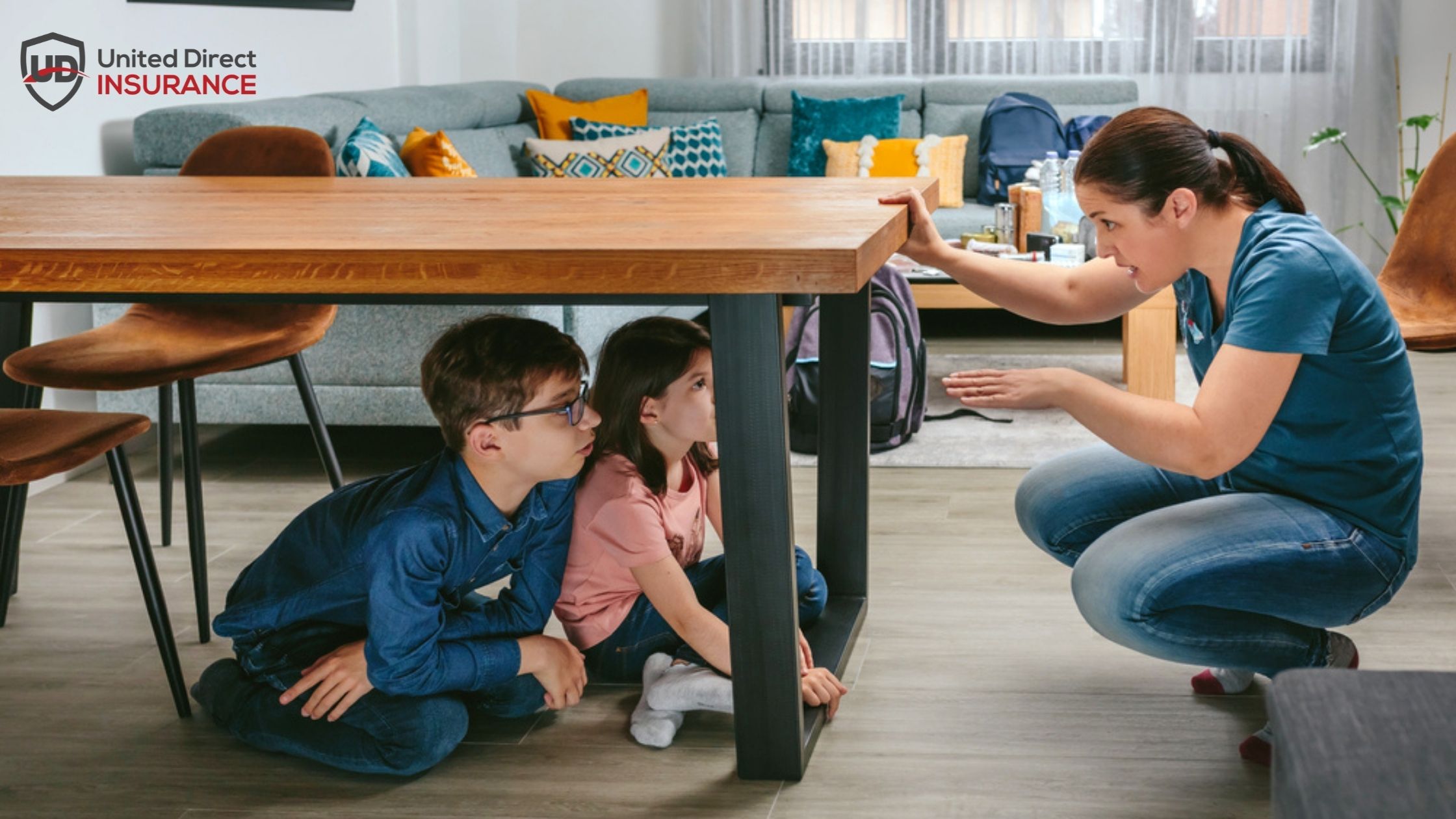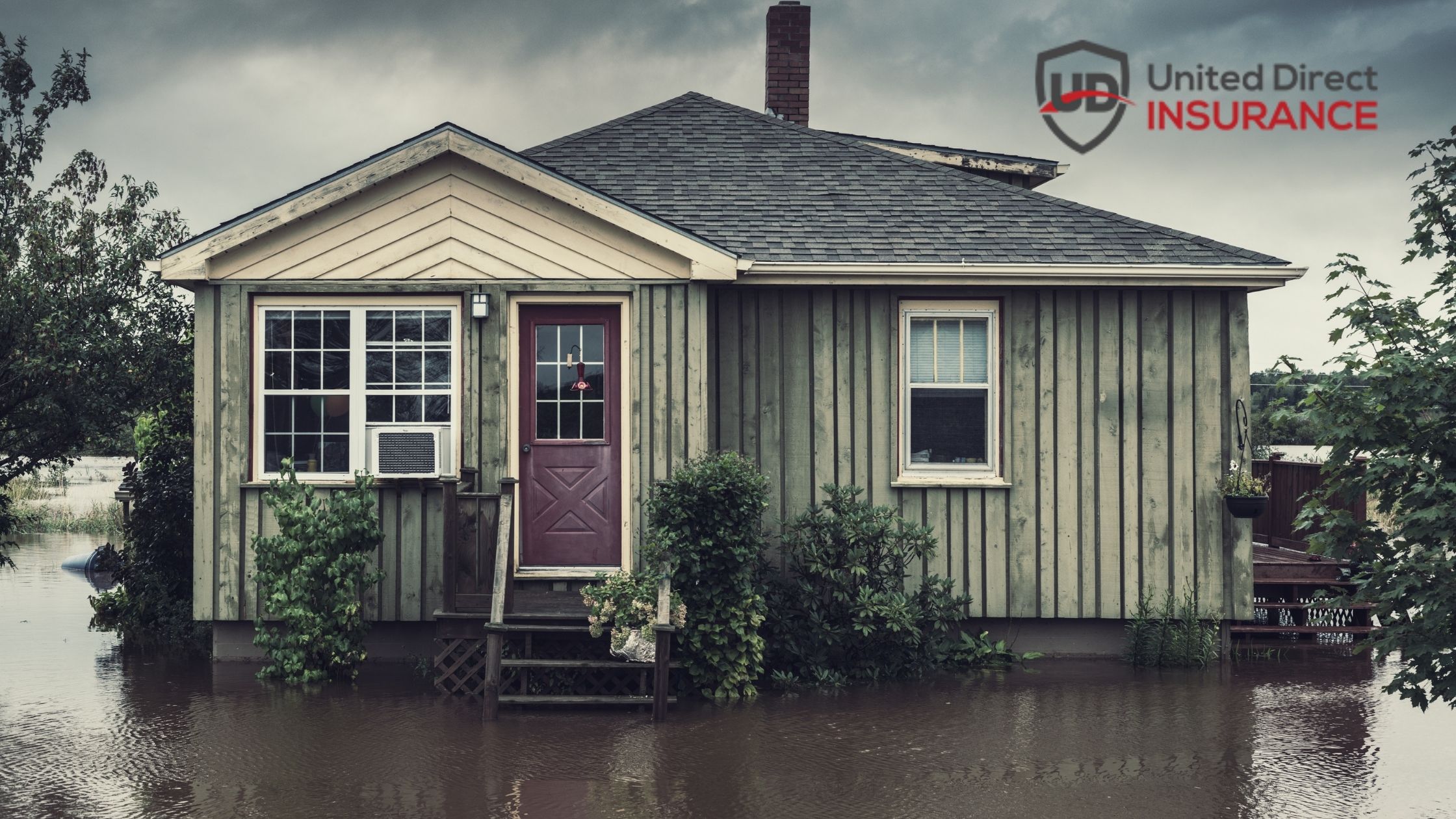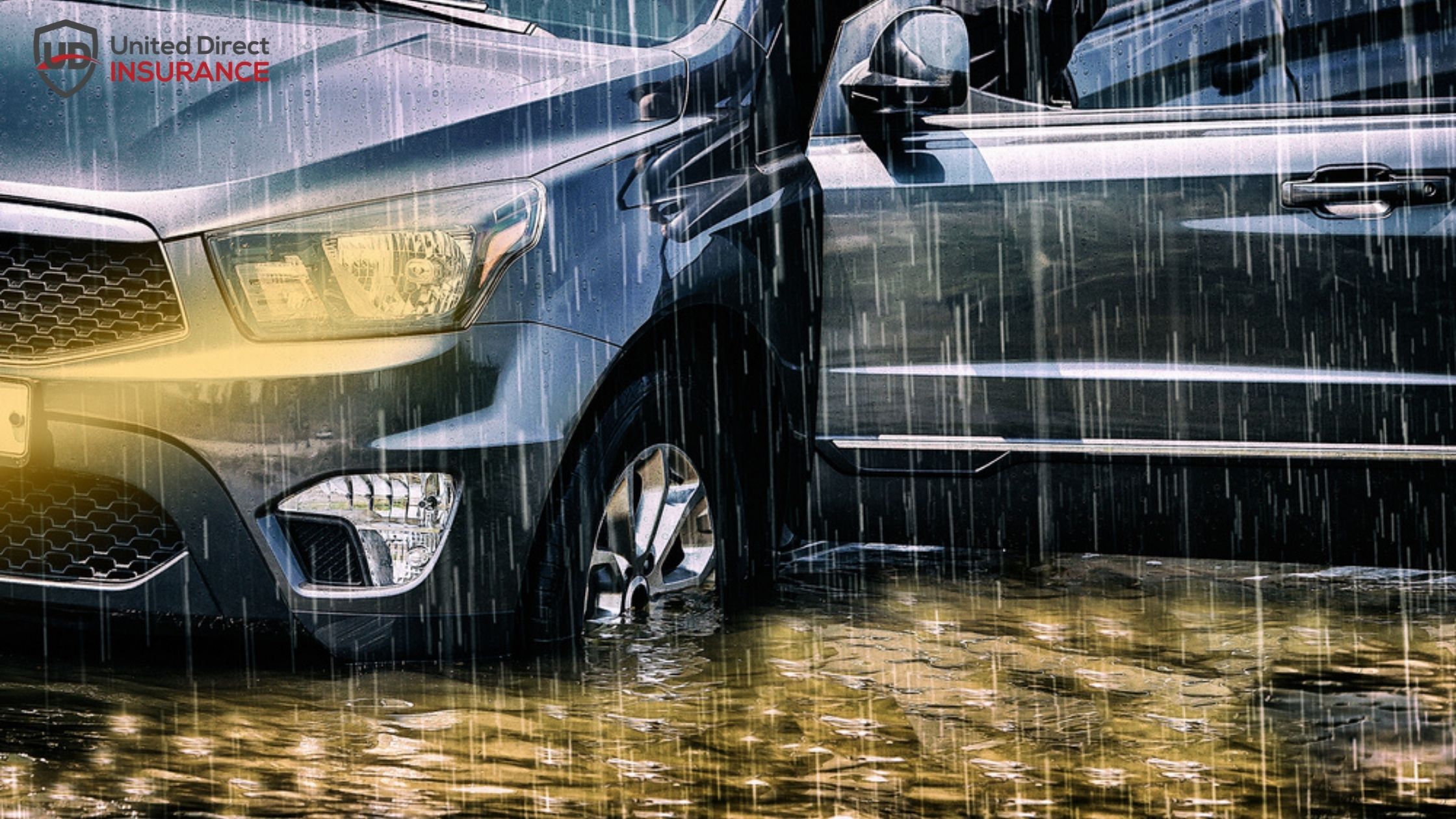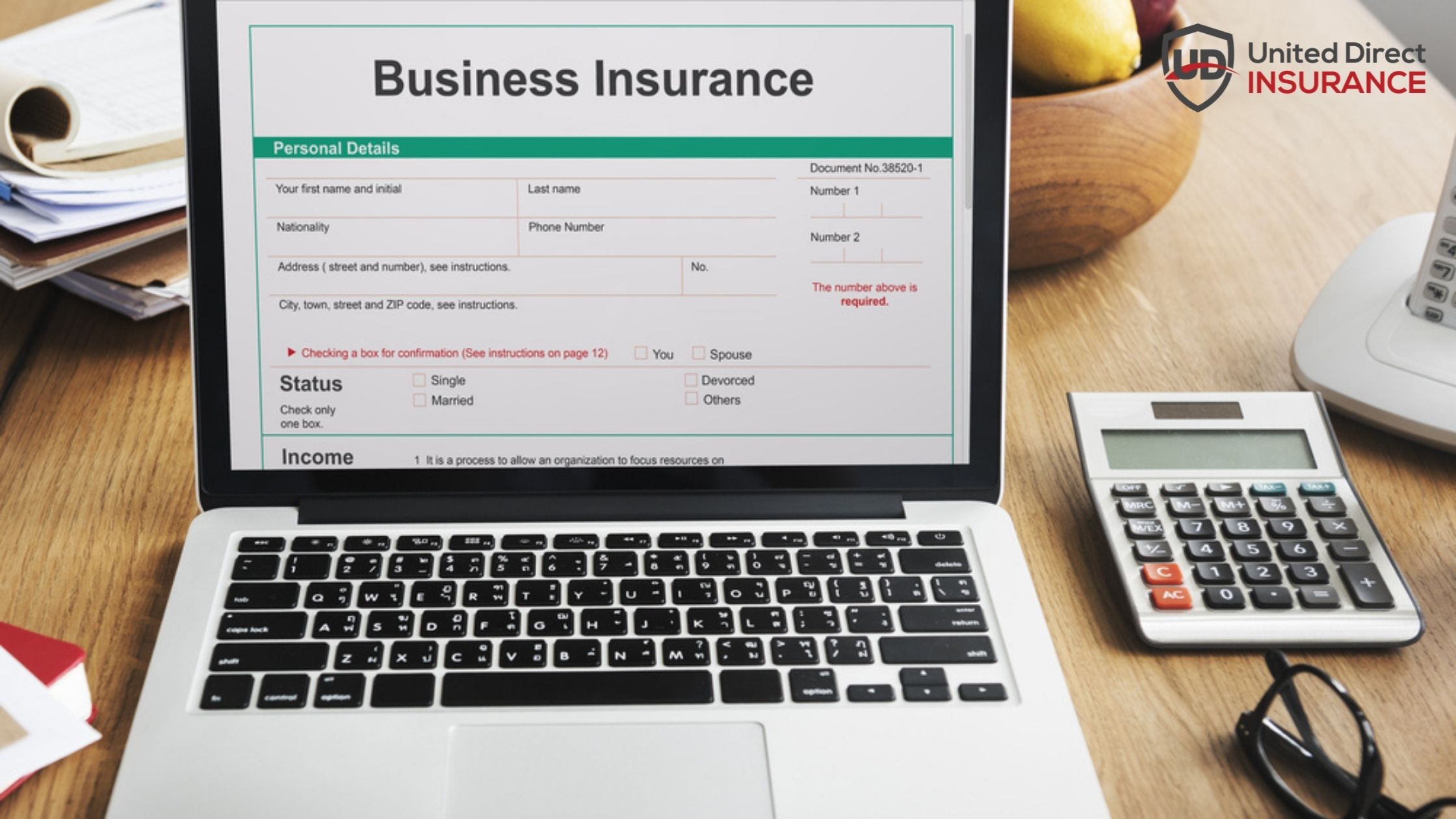Over 143 million Americans living in 48 states are exposed to potentially destructive earthquakes. If you include residents of earthquake-prone areas of Hawaii, Alaska, and other U.S. territories, this number adds to half of all Americans. If you consider very intense levels of ground shaking, the ten most populated states exposed include California, Utah, Tennessee, Washington, Oregon, Nevada, South Carolina, Illinois, Arkansas, and Missouri. While it's estimated that earthquakes occur relatively infrequently, they can cause significant property damage and casualties. With this in mind, here are some tips to make your home earthquake ready.
Are Your Home and Family Prepared if Another 'Big One' Comes Along?
If you reside in an area that's vulnerable to earthquakes, here is how you can secure your home and its contents.
Planning for an Earthquake
-
Familiarize yourself with the disaster preparedness plans of your community. Additionally, create a family disaster preparedness plan with a designated emergency meeting place, escape routes and a system of communication that will help you reach concerned relatives.
-
Ensure that all teenage and adult members of your household know the location of the main controls of your water, electricity, and gas. They should also know to switch them off in case of an electrical short or leak. Again, the necessary tools should be close by.
-
Ensure that you always have an emergency kit ready.
Inside Your House
-
Brace your heaters based on the standards set by the laws of your state. Authorized strap kits are available in hardware stores.
-
Ensure that your gas appliances are equipped with flexible connections.
-
Strap your refrigerators and ovens to the walls.
-
Use latches to ensure your cabinet doors don't bust open due to an earthquake.
-
Consider installing an automated gas shut-off valve that's triggered by intense vibrations. Consult your gas supplier before you make any changes.
-
Fix any cracks in your foundations or ceilings. Consult a professional if you notice signs of structural faults.
-
Store toxic chemicals like pesticides, weed killers as well as flammable products away from your primary residence on the bottom shelves of cabinets that are closed with latches.
-
Store breakable items like china and glass jars on the bottom shelves of cabinets closed with latches.
- Anchor filing cabinets and bookcases to walls.
-
Fit ledge barriers on your shelves and ensure your heavy items are on the lower shelves and the breakables are attached directly to shelves.
-
Attach small appliances and computers to tables, desks, or countertops.
-
Secure suspend ceiling, ceiling lights, and other handing items like plants to the stable structures of your house.
-
Apply safety and security film to your glass doors and windows.
-
Anchor large pieces of equipment to walls using straps or safety cables. Lock the rollers of your pieces of furniture and large appliances.
-
Don't hang heavy objects over beds.
-
Ensure your beds are away from windows.
-
Secure heavy pictures and mirrors that are lying on couches and chairs.
The House Itself
-
Add steel plates or bolts between your house and its foundation.
-
Brace the interior of your house's cripple wall with sheathing.
-
Brace unreinforced foundations and concrete walls, masonry, and chimneys.
-
Consider hiring an expert to evaluate your home and ensure that you consult them about strengthening and repair tips for your home's exterior features such as your carport, garage doors, canopies, sliding glass doors, decks, and porches.
How United Direct Insurance Can Help
The ways mentioned above can help keep you and your house safe during a devastating earthquake. However, you should purchase earthquake insurance to cover your home if it gets severely damaged by the earthquake. At United Direct Insurance, we will help you get a customized insurance policy that can adequately cover the repair cost for your home during natural disasters, including earthquakes.








